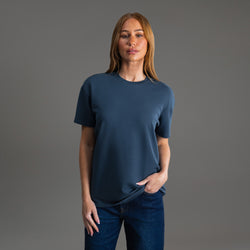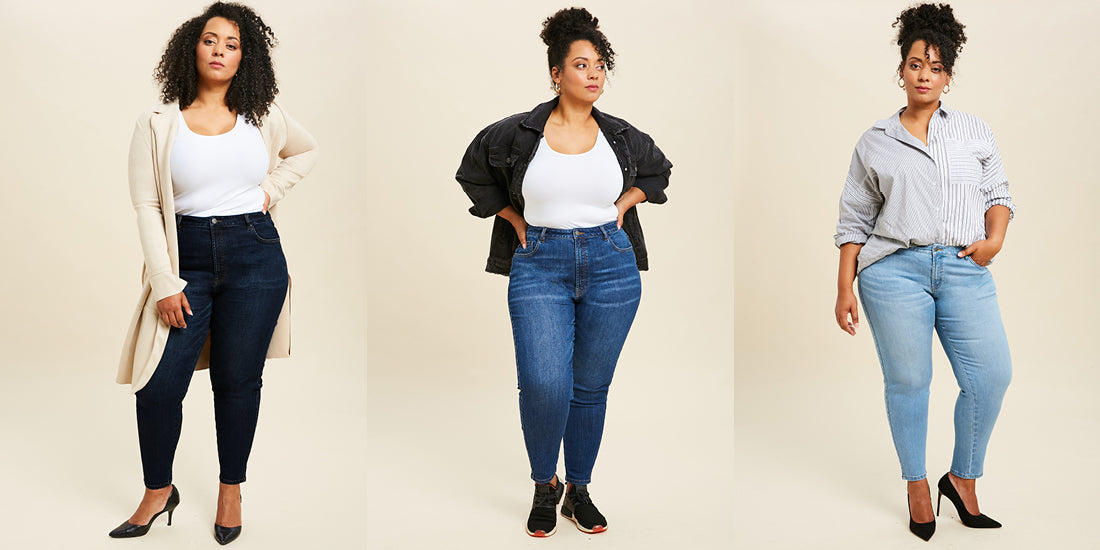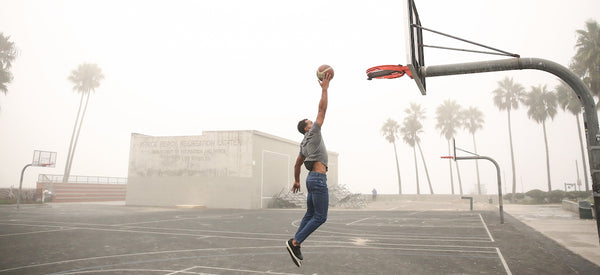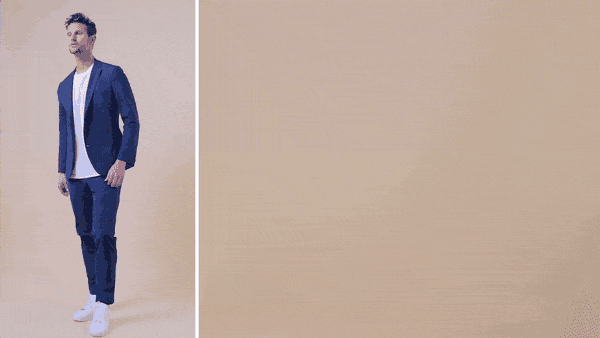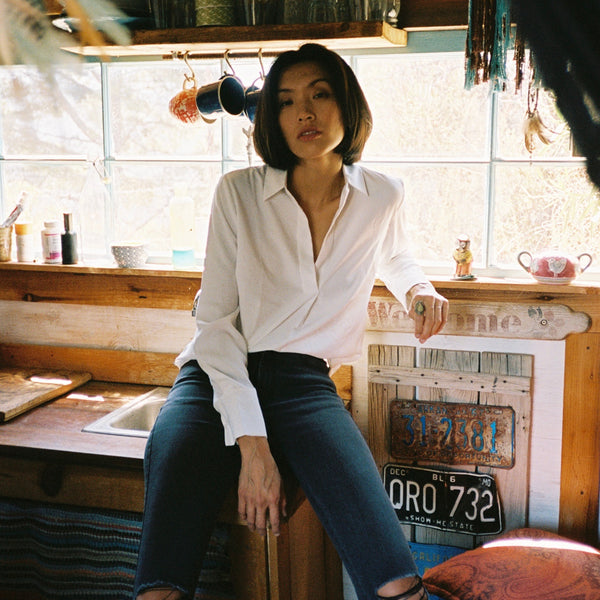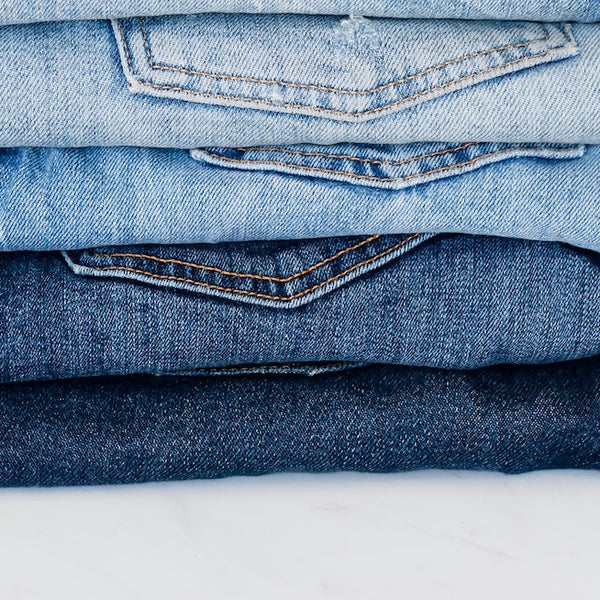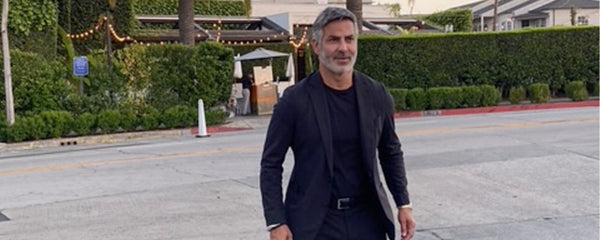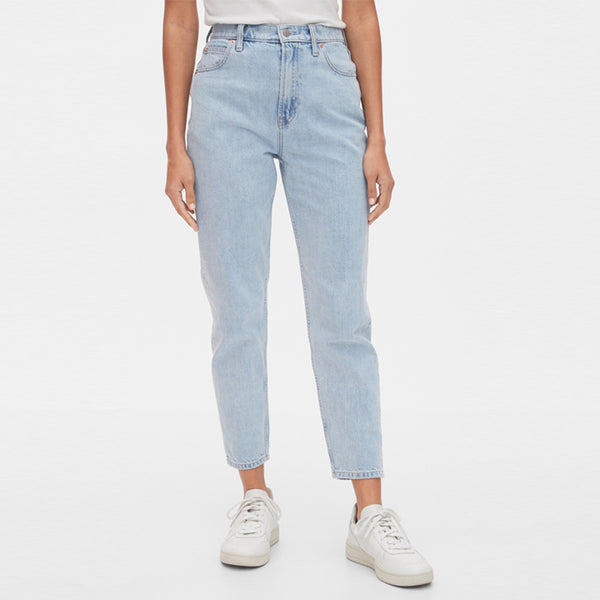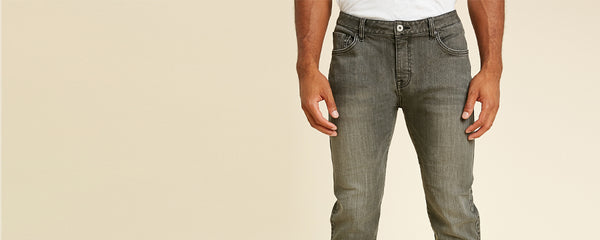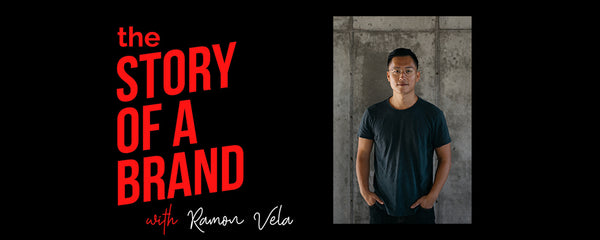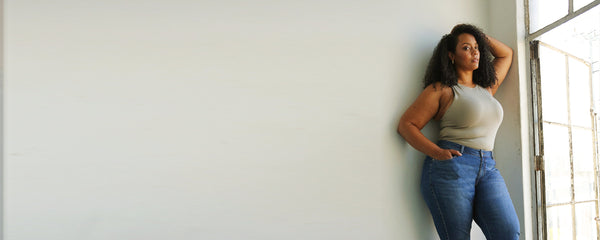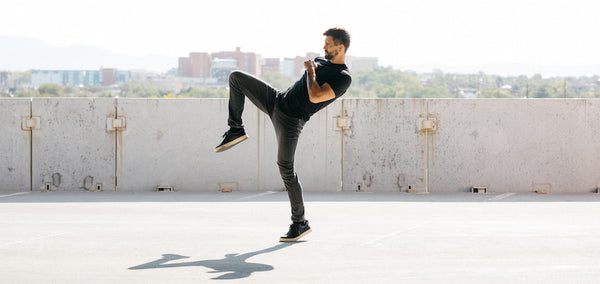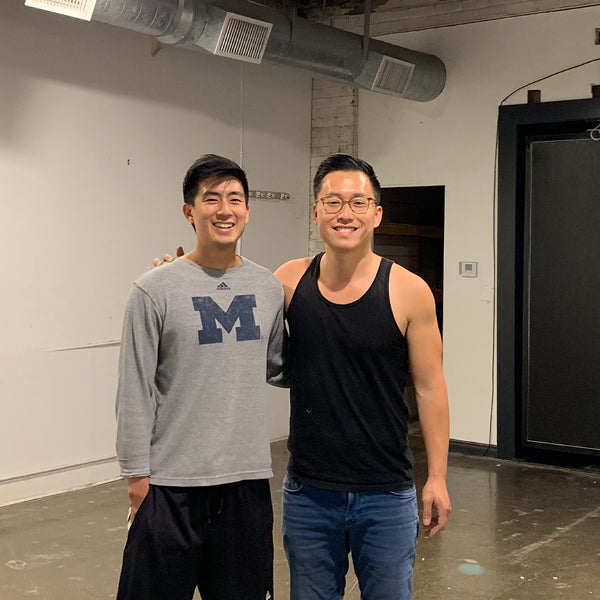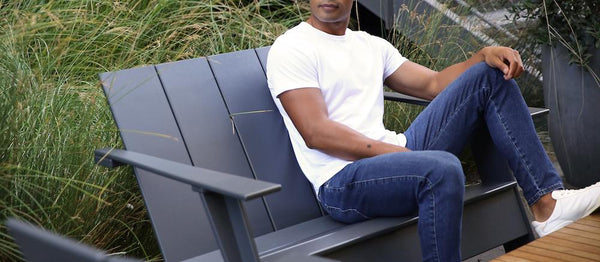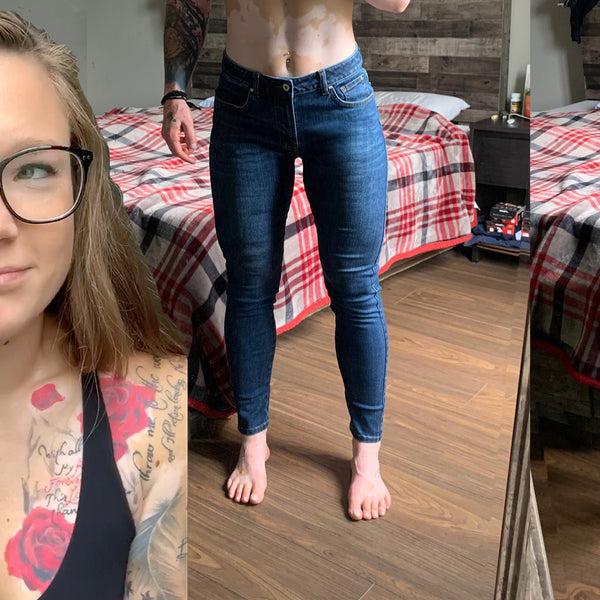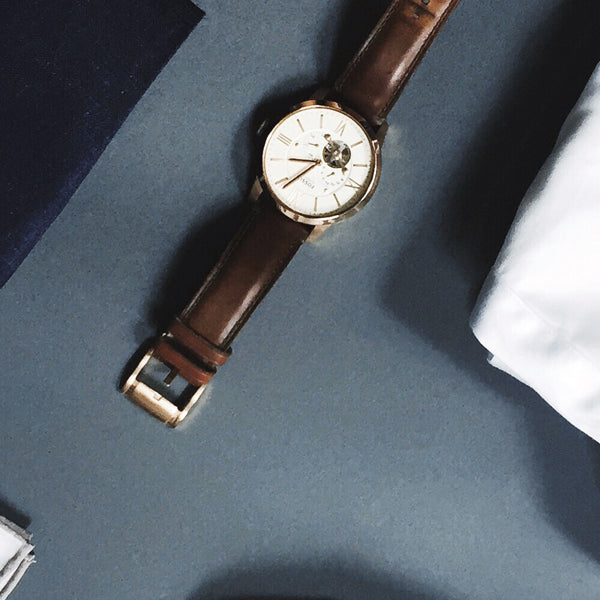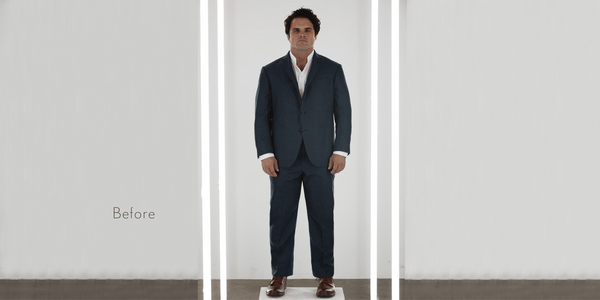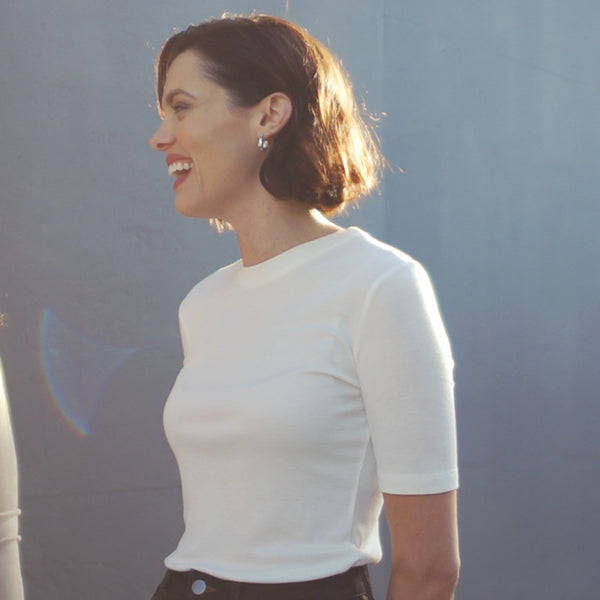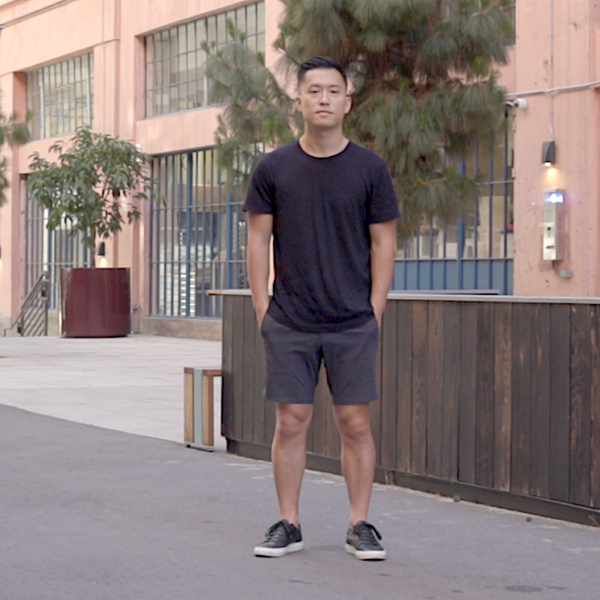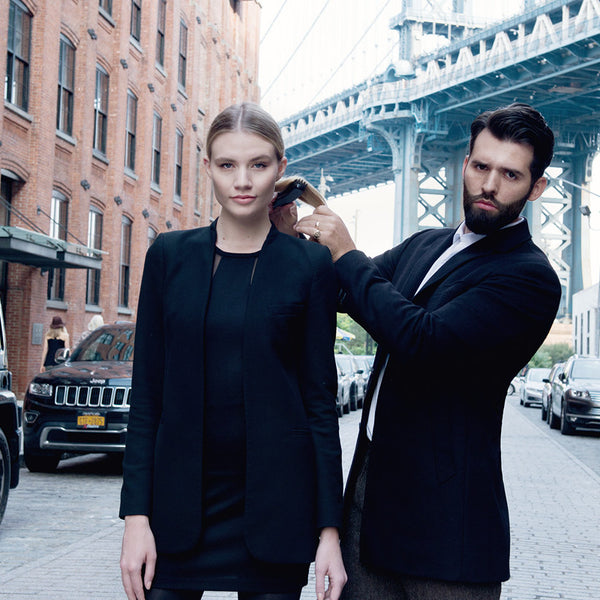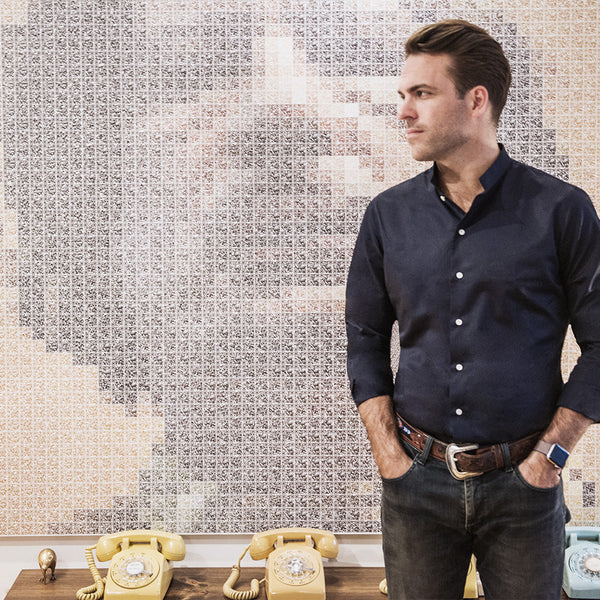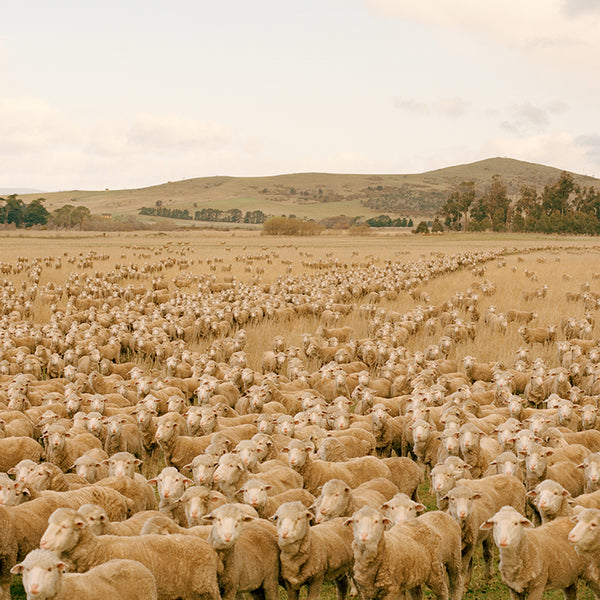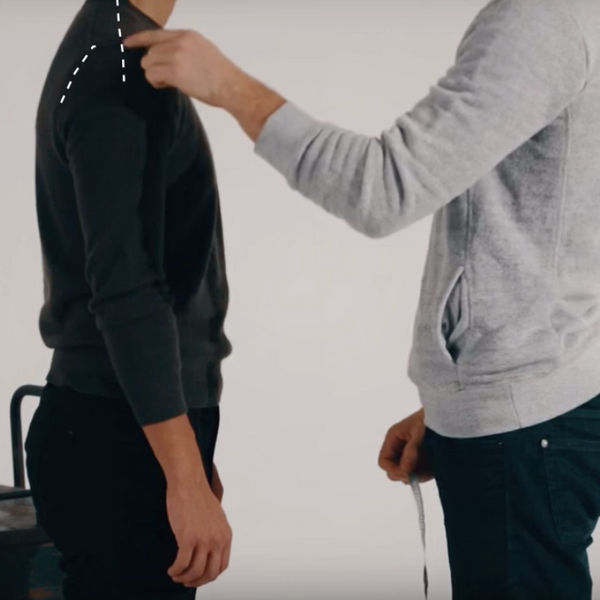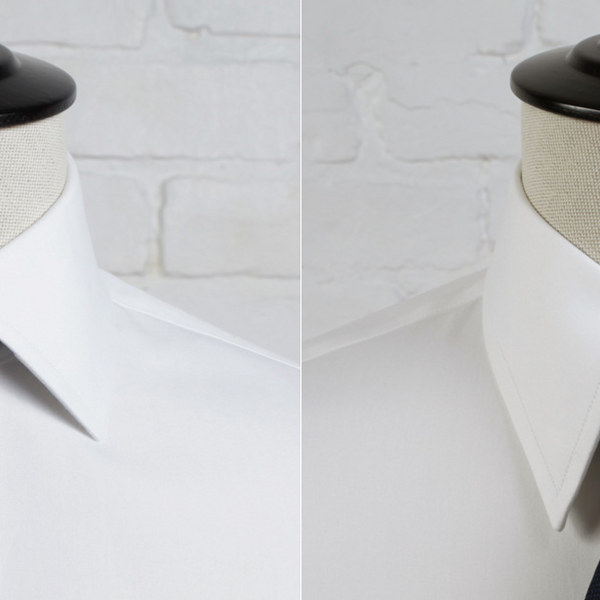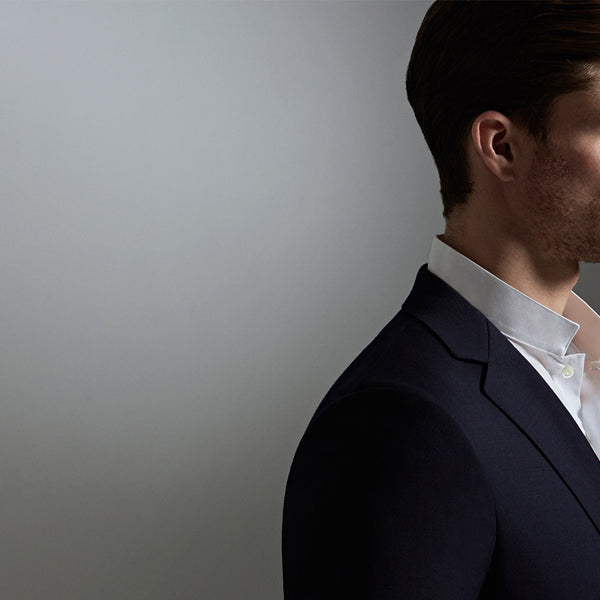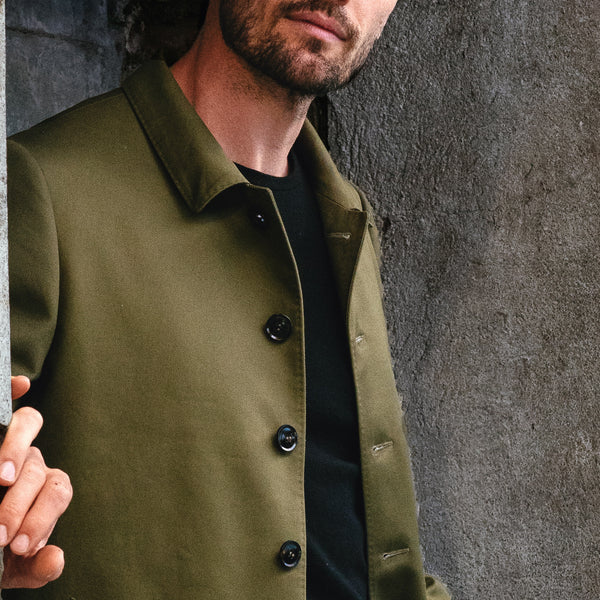What Are Plus Size Jeans And Which Is The Best One For You?
Plus size jeans are defined as jeans that are sizes 14 and above. Plus size jeans typically come in a variety of cuts, including skinny, bootcut, boyfriend and more.
Origin of "Plus Size"
The term "plus size" was coined in the 1950s as the United States dramatically increased mass production of apparel, and the term was first seen in a commercial standards report from that period.
The "Plus Size Gap" - Why It's So Hard To Find Plus Size
Over 68% of American women wear a size 14 or above (according to Plunkett Research). In fact, the average US woman wears a size 18 or 20 (according to the CDC).
Yet only 2.3% of women's apparel is plus-size, when looking at the 25 largest multi-brand retailers (i.e. Shopbop, Macy's, Net-a-porter, etc) according to retail analytics firm Edited.
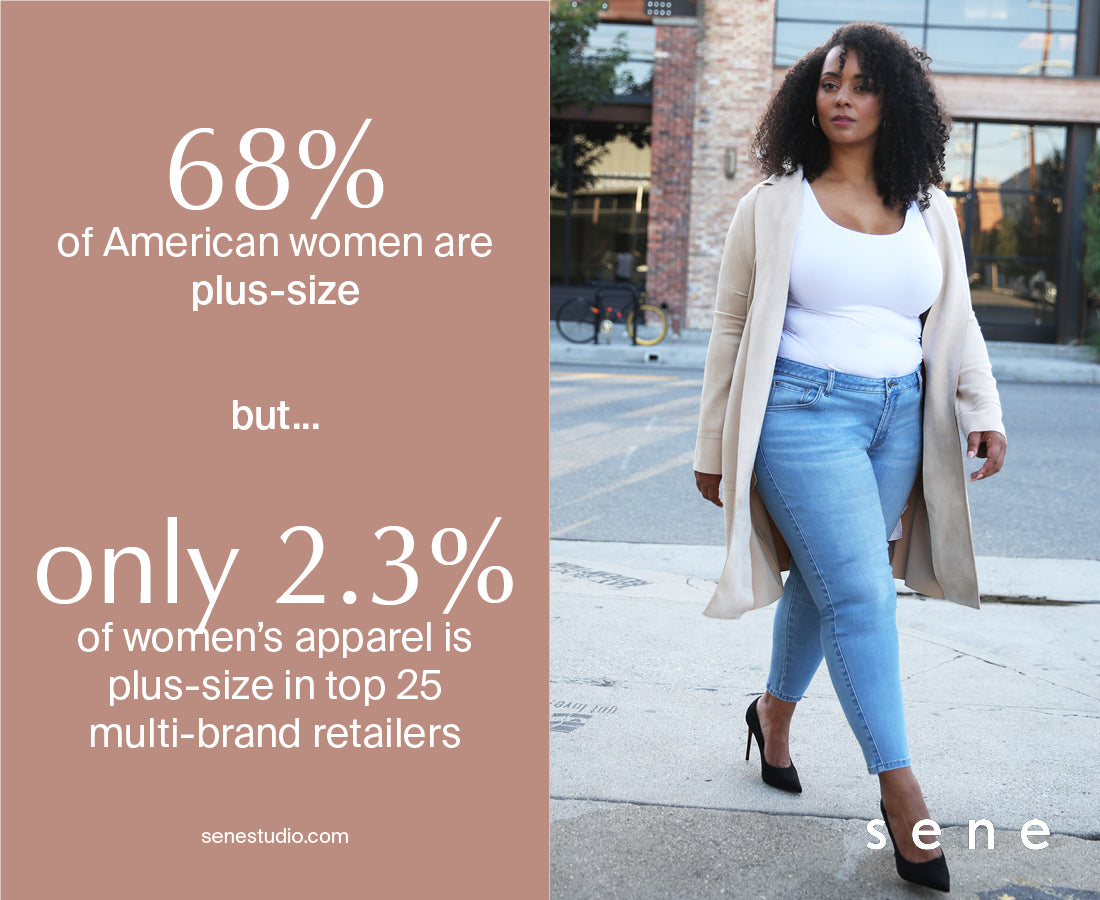
What Is "Size Appropriation" When It Comes To Plus Size Jeans?
It's easier to talk the talk, then walk the walk.
Further compounding this problem is when mainstream brands use plus-size models without actually offering plus-sizes.
This misleading form of marketing has been called "size appropriation." One brand lambasted by the press is Madewell, which partnered with popular curve model Stella Duval to launch its line extended size denim line.
One commenter remarked, “I’m so excited about the curvy fit!” while another breathlessly exclaimed, “THANK YOU FOR ADDING BIGGER SIZES!!!! AND INCLUDING BIGGER GIRLS IN YOUR VISUALS!! I’M LITERALLY DYING WITH EXCITEMENT!!!!!!!!!” Various magazines called this “empowering” and “progressive.”
Unfortunately it soon came to light that the plus size jean sizing, which was supposed to go up to size 20, was mislabeled. Madewell's size 20 was closer to a size 14, the very edge of what's considered "plus size".
So what gives?
Three Reasons Why It's So Hard To Find A Plus Size Jean Fit You Love
1. Traditional Grading Techniques Don't Work
Let's first look at the history of how plus size jean fits were created.
Traditionally, plus size fits were graded up from a smaller size. But denim experts have found that simplistic approach to grading does not match the reality of the human form, and the higher the size, the more it diverges from traditional grading techniques.
2. There Is No One Size Scale That Fits All
Furthermore, there is tremendous diversity in plus-size shapes. Commonality of shape that informs a fit pattern also diverges significantly the higher you go up in plus sizes.
Frankly, what works for one woman doesn't always work for another.
3. High-Quality Denim Is More Difficult To Find In Plus Sizes
Most of the heritage denim brands (Rag & Bone, 7 For All Mankind) have very limited size offerings. Many of the brands that offer plus sizes use cheap materials and some, like Fashion Nova, have questionable labor practices.
Here's 3 Steps To Own Jeans That You'll Love
At Sene, we have a very simple belief - you shouldn't have to fit into clothes, clothes should be made to fit you.
Forget "plus-size", wouldn't you rather have a size "you"?
Every Sene jean is ethically made with Japanese stretch denim from one of the most famous denim mills in the world, shared with Prada, Acne Studios and AG Jeans.
Here's how it works:
Step 1. Create Your Custom Size
It begins with our SmartFit quiz - answer 9 questions to generate your custom size.

2. We custom-make it from scratch just for you
Your jeans are laser-cut, hand-assembled and delivered in 2-3 weeks

3. Try It Out With Our 60 Day Guarantee
Trying out custom is risk-free with our 60 Day Guarantee - free alterations, remakes, exchanges and returns.

See if you're interested by watching our denim video here:
https://senestudio.com/pages/ever-jean-women



